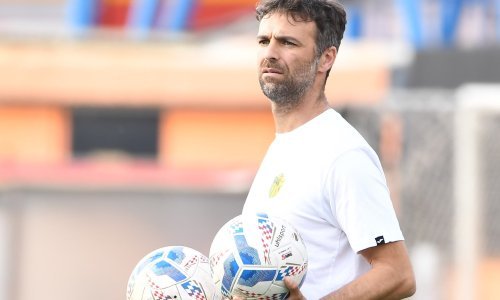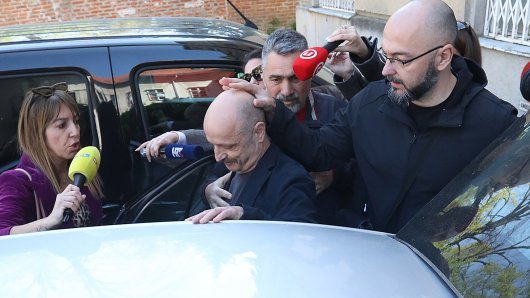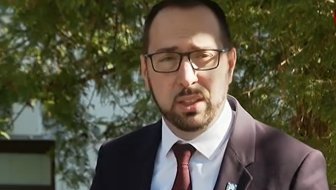The annual NATO Conference on WMD Arms Control, Disarmament and Non-Proliferation closed on Tuesday in Split.
The Ministry of Foreign and European Affairs said in a press release that the conference attracted around one hundred participants from fifty countries and a large number of representatives of international organisations.
Topics discussed involved current security issues and challenges, above all the process of global disarmament which is being conducted with the assistance of the UN, as well as the North Korean ballistic programme and the security situation in general on the Korean peninsula.
"There was talk of still unconfirmed information of the use of chemical weapons in Syria and the absence of progress in negotiations in the Middle East", the ministry's press release says.
Amongst those attending the conference was UN High Representative for Disarmament Affairs Angela Kane, EU Principal Adviser and Special Envoy for Non-proliferation and Disarmament Jacek Bylica, Finnish Under-Secretary of State for Foreign and Security Policy and and mediator in the talks on the Middle East Jaakko Laajava, and US Assistant Secretary of State Thomas Countryman.
The large number of participants came from countries such as Algeria, Egypt, Kuwait, Pakistan, India, Israel, the United Arab Emirates and Oman.
There was also talk about the contribution of the US in the Middle East and the question of this region as a zone free of nuclear weapons.
There was mention of the causes of the standstill in processes in the Middle East, particularly those relating to disarmament due to the lack of trust between interested parties and the reluctance of some countries to undertake resolute steps which were often unpopular.
It was said that it was necessary to resume negotiations to restore trust and eventually come to an agreement.



































